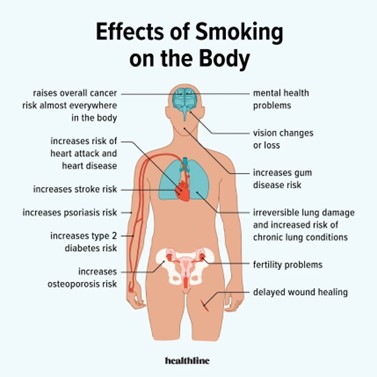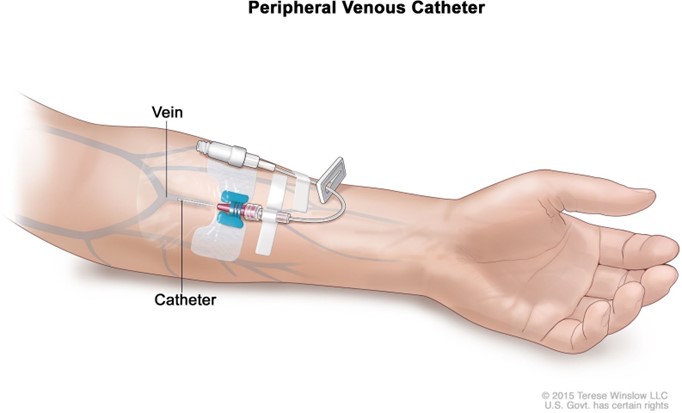A nurse is caring for an older adult client who tells the nurse, "I have smoked one pack of cigarettes every day for the last 60 years." Which of the following actions should the nurse take next?
Ask what the client knows about the effects of smoking.
Work with the client to establish a quit date.
Suggest that the client use nicotine gum to facilitate quitting.
Refer the client to a local smoking cessation program.
The Correct Answer is A
If a nurse is caring for an older adult client who tells the nurse that they have smoked one pack of cigarettes every day for the last 60 years, the next action the nurse should take is to ask what the client knows about the effects of smoking. This will help the nurse assess the client's knowledge and understanding of the risks associated with smoking and provide an opportunity for education.
Option b is incorrect because working with the client to establish a quit date is important but not the next intervention.
Option c is incorrect because suggesting that the client use nicotine gum to facilitate quitting is important but not the next intervention.
Option d is incorrect because referring the client to a local smoking cessation program is important but not the next intervention.

Nursing Test Bank
Naxlex Comprehensive Predictor Exams
Related Questions
Correct Answer is A
Explanation
The correct answer is that the nurse should dangle the client's arm over the edge of the bed to help dilate the vein. This technique uses gravity to increase blood flow to the arm and dilate the veins, making it easier to insert a peripheral IV catheter.
Options b, c and d are not effective techniques for dilating a vein for IV insertion. Stroking the skin near the vein in an upward direction, instructing the client to flex their arm with the hand open and applying a cool compress to the vein for 10 min are not effective methods for dilating a vein.

Correct Answer is D, B, A, C
Explanation
When caring for a client who is nauseated and unable to eat after taking an antibiotic, the nurse should first identify possible nursing interventions that address the client's nausea. The nurse should then review the potential benefits and consequences of each intervention. The nurse should determine the probability of intervention-related complications. Finally, the nurse should select an intervention that provides the greatest benefit and least risk to the client.
Whether you are a student looking to ace your exams or a practicing nurse seeking to enhance your expertise , our nursing education contents will empower you with the confidence and competence to make a difference in the lives of patients and become a respected leader in the healthcare field.
Visit Naxlex, invest in your future and unlock endless possibilities with our unparalleled nursing education contents today
Report Wrong Answer on the Current Question
Do you disagree with the answer? If yes, what is your expected answer? Explain.
Kindly be descriptive with the issue you are facing.
